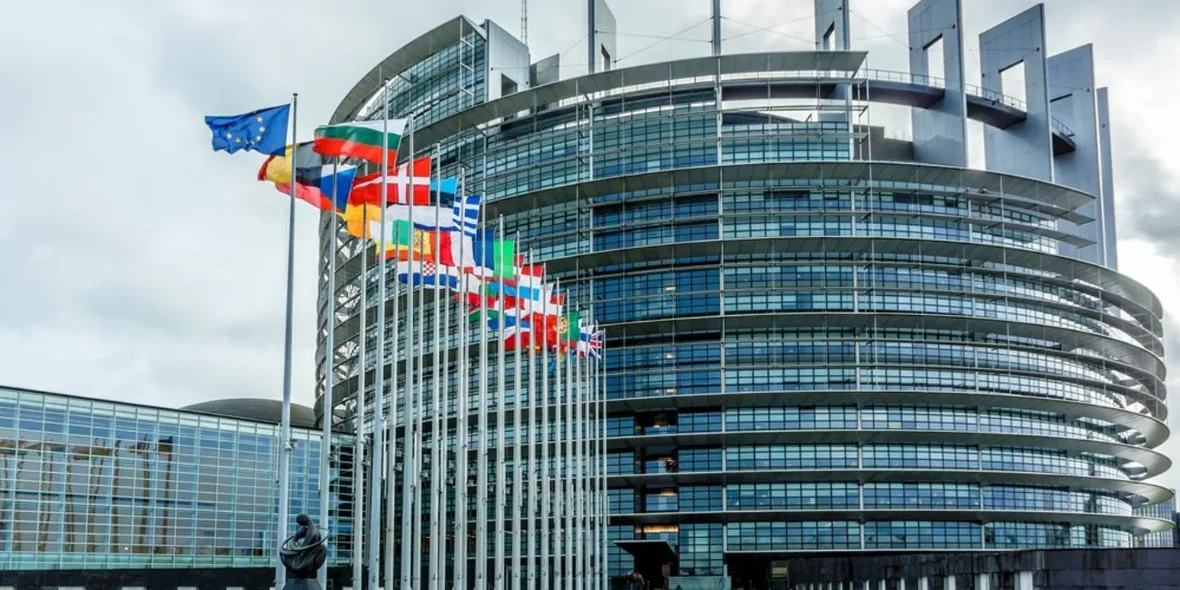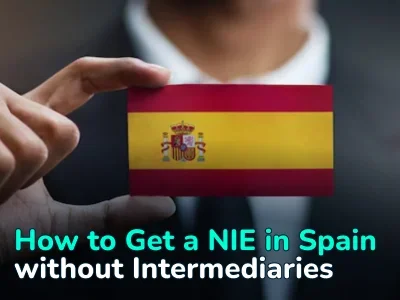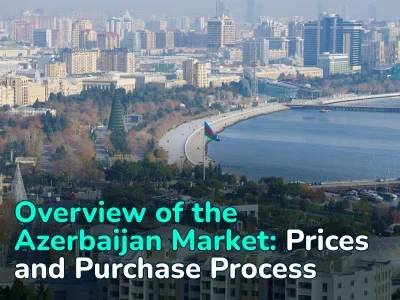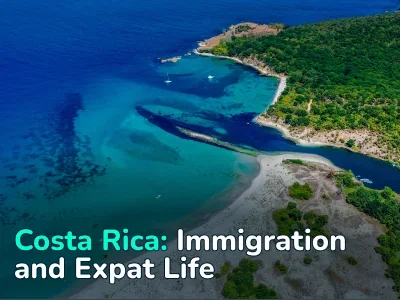
MEPs call for abandoning «golden visas and passports»
Granting residence permits and issuing visas to third-country nationals in exchange for investments is a traditional practice for many European countries. According to the EU Committee on Civil Liberties, Justice and Home Affairs, these schemes are often abused. This announcement was made on February 15th. In the approved report, 12 countries with such programs were asked to make major changes to them and tighten the rules for issuing documents. This should completely eliminate the misuse of «golden» visas and passports, expand opportunities to combat money laundering, corruption and tax evasion.
What changes do they want to make to the golden visa programs?
The press release by the European Parliament noted the risks associated with the implementation of the «residence for investment» scheme. Countries offering such programs are encouraged to do the following:
- carefully check the biography of not only applicants, but also their family members;
- study in detail the origin of the funds that applicants wish to invest;
- use the databases of the justice and home affairs systems of Europe and relevant third countries when verifying the applicants’ identity;
- oblige the applicant to be physically present in the country for a certain period of time and to actively participate in its economic life;
- develop and approve a «notification and consultation» program that allows other EU members to object to the granting of a «golden visa» to a certain person or family;
- exclude the participation of intermediaries in the process of obtaining privileged documents, since their actions are not transparent and often irresponsible.
It is also recommended to completely abandon the scheme of issuing «golden passports» in exchange for investments in the economic sector. This appeal concerns three countries — Bulgaria, Cyprus and Malta. The first two are already working on the completion of the «live-for-investment» program. Malta, however, has not yet reacted to the EU recommendations and has not announced the curtailment of the «golden passports» scheme.
According to Sofia in’t Veld, representing the Netherlands, EU countries that recognize and use such schemes to raise capital from abroad are selling what they do not own. After all, the solid reputation of the EU is not an individual, but a common achievement, and it is not right to use it to receive a one-time profit.
«Golden visas and passports» — who uses them
Over the period from 2011 to 2019, more than 130,000 people from different countries received a visa or passport of the EU countries for investment. Some citizens of the former USSR became the owners of the «golden passport» of Bulgaria without making real contributions to the country’s economy. Many Britons have applied for a Golden Visa to enjoy freedom of movement within the EU bloc without being members at the state level. The European Parliamentary Committee believes that such abuses should be stopped. The deputies will vote for the idea at their March meeting.























